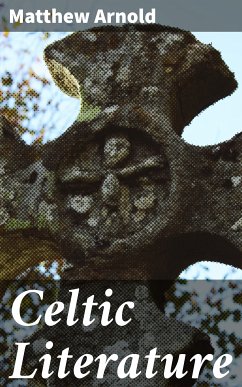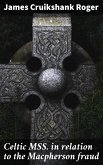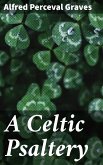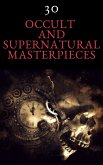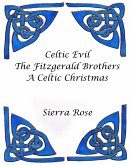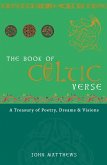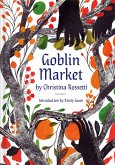In "Celtic Literature," Matthew Arnold presents a comprehensive exploration of the poetic and narrative traditions of the Celtic peoples, illuminating the nuances of their cultural heritage. This work, characterized by Arnold's eloquent prose and critical analysis, delves into the interplay between folklore, mythology, and literary expression prevalent in Irish and Welsh literature. Arnold adeptly contextualizes these texts within the broader Victorian literary landscape, reflecting on themes of identity, nostalgia, and the historical significance of the Celtic imagination. Matthew Arnold, a prominent Victorian poet and cultural critic, was profoundly influenced by his education at Oxford and his background in the formative literary debates of his time. His interest in Celtic culture was sparked by the rich history and distinctiveness of the Celtic peoples'Äîa fascination that resonated throughout his literary career. Arnold sought to champion the unique qualities of Celtic literature, advocating for its significance against the backdrop of a dominant Anglo-Saxon narrative, thus broadening the understanding of literary traditions in England. This insightful volume is essential for readers interested in the intersections of culture and literature, as well as those seeking to deepen their understanding of the Celtic literary heritage. Arnold's thoughtful examination offers timely reflections pertinent to contemporary discussions on cultural identity, making "Celtic Literature" a valuable resource for scholars and casual readers alike.
Dieser Download kann aus rechtlichen Gründen nur mit Rechnungsadresse in A, B, BG, CY, CZ, D, DK, EW, E, FIN, F, GR, H, IRL, I, LT, L, LR, M, NL, PL, P, R, S, SLO, SK ausgeliefert werden.

